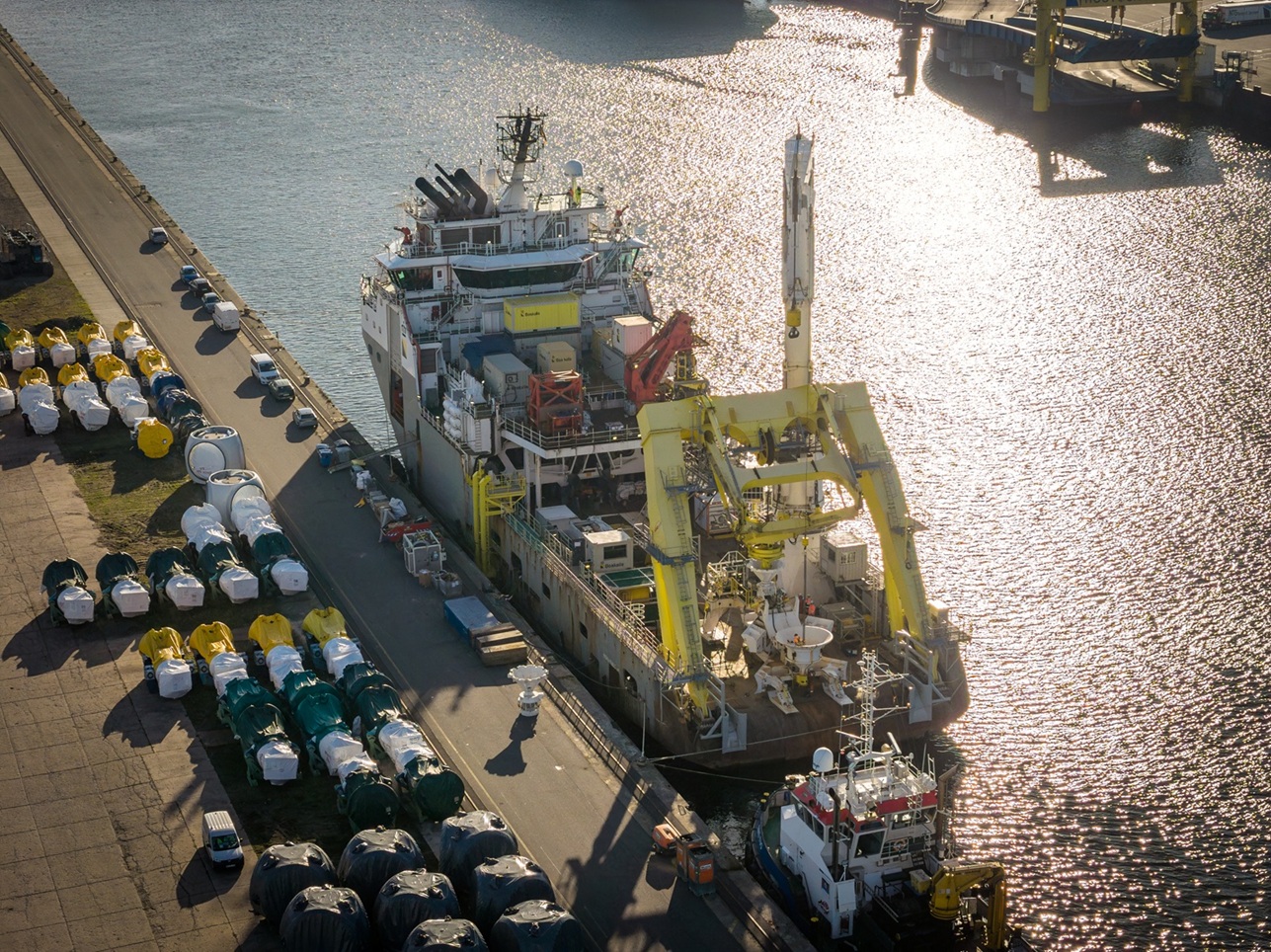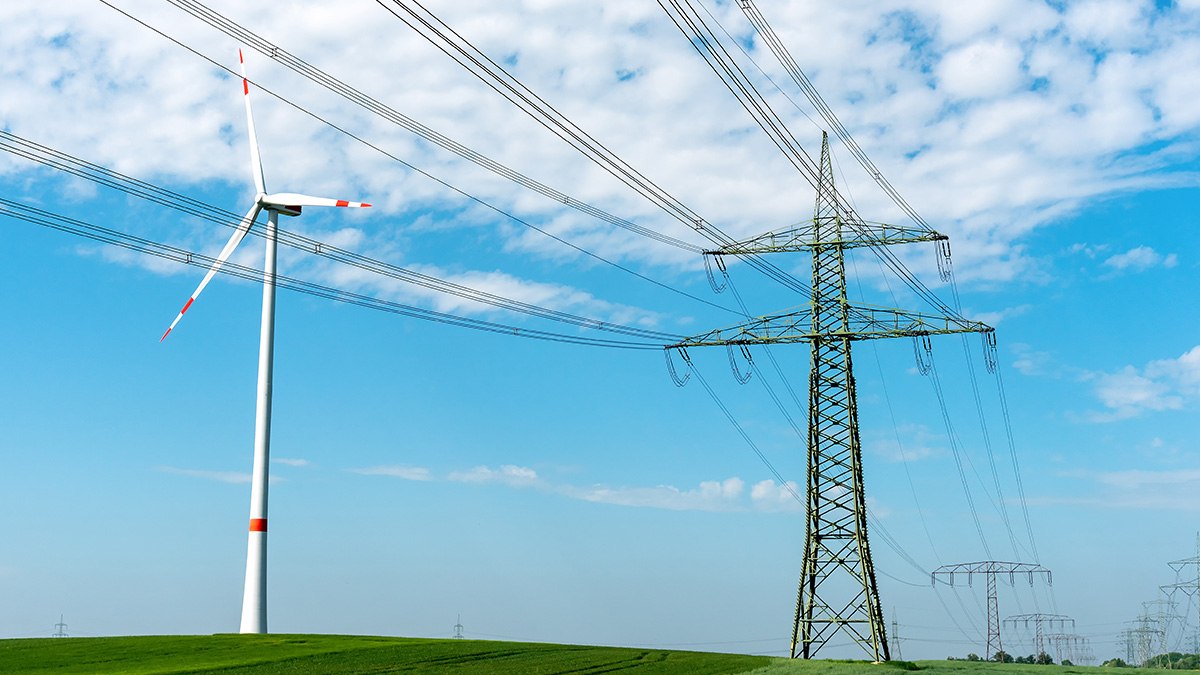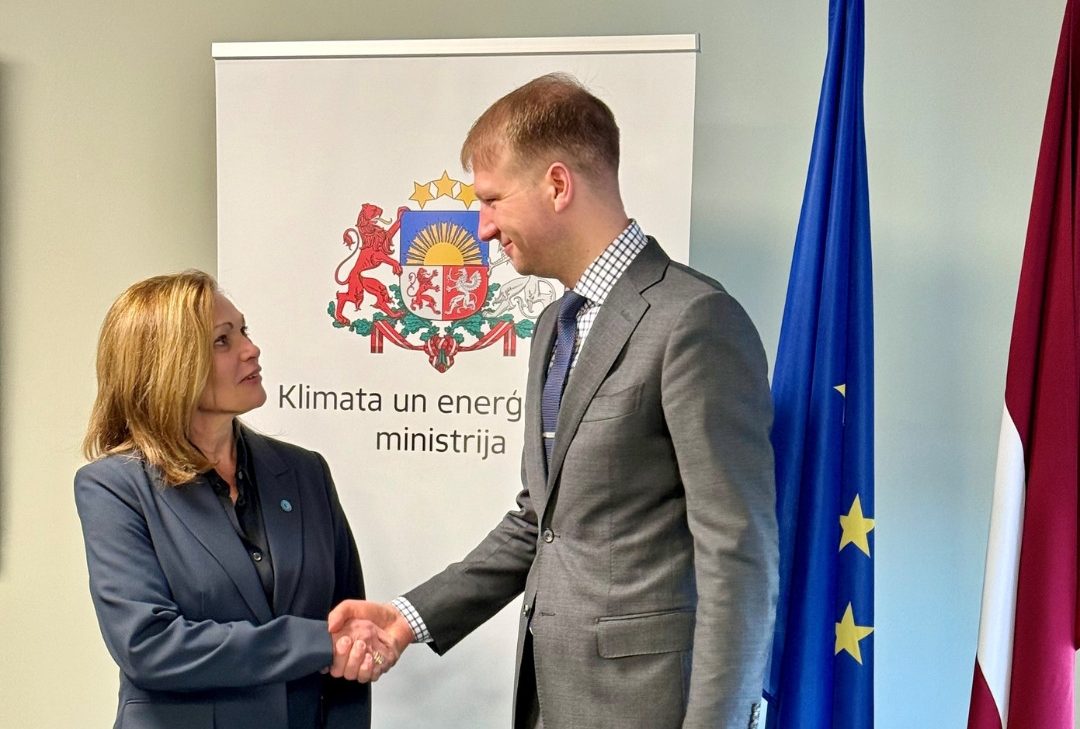The Federal Cabinet adopted the import strategy for hydrogen and hydrogen derivatives on 24 July 2024. The import strategy sets out a clear and reliable framework for the urgently needed imports of hydrogen and hydrogen derivatives to Germany. It is a key component of Germany’s hydrogen policy and supports the German government’s commitment to developing the domestic market. The import strategy complements Germany’s National Hydrogen Strategy.
Federal Minister for Economic Affairs and Climate Action Robert Habeck: A large proportion of Germany’s hydrogen demand will have to be covered by imports from abroad in the medium to long term. The import strategy provides the framework for this. It sends a clear message to our partners abroad: Germany expects a large and stable domestic demand for hydrogen and its derivatives and is a reliable partner and target market for hydrogen products. The import strategy thus creates investment security for the production of hydrogen in partner countries, the development of the required import infrastructure and for German industry as a buyer.
The Federal Government expects its national demand for hydrogen and hydrogen derivatives to reach between 95 to 130 TWh by 2030. It is expected that around 50 to 70% (45 to 90 TWh) of the hydrogen products will have to be imported from abroad. It can be assumed that the proportion of imports will continue to rise after 2030.
According to initial estimates, the demand for hydrogen and its derivatives could increase to between 360 and 500 TWh of hydrogen and approx. 200 TWh of hydrogen derivatives by 2045.
The goal of the import strategy is therefore to ensure that Germany’s demand for imports of hydrogen and its derivatives will be met and that the supply chain is resilient. The main content and objectives of the import strategy for hydrogen and hydrogen derivatives adopted today are as follows:
- Ensuring a resilient, i.e. sustainable, stable, secure and diversified supply of sufficient hydrogen and hydrogen derivatives to enable the decarbonisation of the German economy and to meet the national climate targets.
- Ensuring a reliable supply of green hydrogen and its derivatives that are sustainable in the long term. In order to enable the rapid hydrogen ramp-up needed, the import strategy also includes low-carbon hydrogen and its derivatives to meet demand.
- The Federal Government is in favour of diversifying the hydrogen product range to be imported. In addition to molecular hydrogen (i.e. gaseous or liquid hydrogen not bound in derivatives), various hydrogen derivatives (e.g. ammonia, methanol, naphtha, electricity-based fuels) and hydrogen carriers (e.g. LOHC) can be considered.
- The Federal Government is pursuing the parallel development of import infrastructure for pipeline-based and maritime transport. Hydrogen derivatives, carriers and downstream products in particular are being considered for transport by ship, rail or road. Transport by ship enables hydrogen imports from regions that cannot be connected by pipeline for technical and economic reasons.
- In addition to engaging in close cooperation with European partners on regulatory issues, the potential for hydrogren production and infrastructure, the Federal Government is also working with a large number of partner countries, regions and players across the globe. The aim is to diversify the sources of supply as much as possible. To this end, the Federal Ministry for Economic Affairs and Climate Action is actively involved in more than 30 climate and energy partnerships and energy dialogues. In addition, specific H2 agreements have been concluded with numerous partner countries in recent years
Source: German Ministry of Economic Affairs and Climate Protection (BMWK)















